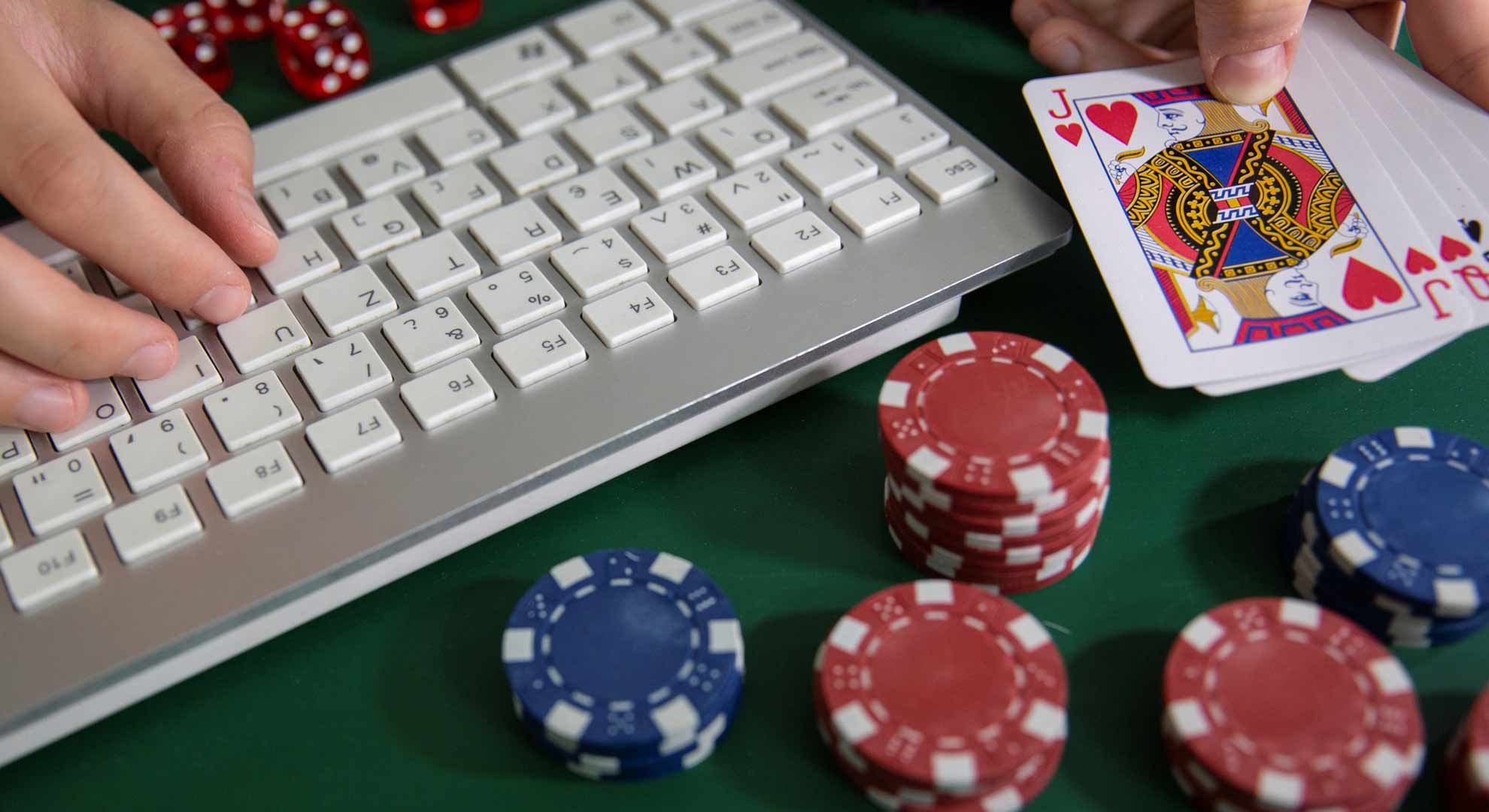The Cultural Significance of Casinos in Asia
The Cultural Significance of Casinos in Asia
When one thinks of casinos, the glittering lights of Las Vegas or the old-world glamour of Monte Carlo often come to mind. However, in Asia, casinos are far more than just venues for gambling; they are complex epicenters of culture, superstition, economic ambition, and social status. The cultural significance of casinos in Asia is a multifaceted topic, deeply rooted in ancient beliefs and intertwined with the continent's rapid modernization. From the high-stakes baccarat tables of Macau to the sophisticated integrated resorts of Singapore, the Asian casino landscape tells a unique story about its people and their values.
At the heart of Asian gambling culture lies a profound relationship with luck, fortune, and fate. Unlike the Western world, where gambling is often seen purely as a game of chance and risk, in many Asian cultures, it is an active engagement with destiny. Superstition plays a massive role. The number 8 is highly auspicious because its pronunciation in Mandarin (bā) sounds similar to the word for "to prosper" (fā). Conversely, the number 4 is avoided as it sounds like the word for "death" (sǐ). This is why casino floors are meticulously designed to incorporate lucky elements, from the prominent use of the color red, symbolizing good fortune, to the careful application of Feng Shui principles to optimize the flow of positive energy (qi) and, by extension, cash flow.
No discussion of casinos in Asia is complete without mentioning Macau, the undisputed "Vegas of the East." This Special Administrative Region of China has built its entire modern identity around the gaming industry. The casinos in Macau are not mere replicas of their American counterparts; they are specifically tailored to the Asian high-roller. The game of choice is overwhelmingly Baccarat, a simple card game of chance that appeals to the cultural preference for games where luck is perceived as the dominant factor over skill. The scale of Macau's casinos is staggering, but their success is built upon an understanding of cultural nuances, catering to a clientele that views high-stakes gambling as a display of wealth, courage, and social standing.
Singapore offers a different, more curated model for the casino industry. The city-state legalized casinos relatively recently, but it did so with a clear vision: the creation of "Integrated Resorts" (IRs). Venues like Marina Bay Sands and Resorts World Sentosa are not just casinos; they are massive complexes featuring luxury hotels, world-class restaurants, high-end retail, theme parks, and convention centers. This approach reflects a pragmatic desire to harness the economic power of gaming to boost tourism and the MICE (Meetings, Incentives, Conferences, and Exhibitions) industry, while simultaneously implementing strict regulations, such as entry levies for local citizens, to mitigate potential social harm. Singapore's model demonstrates how casinos can be integrated into a broader national economic and branding strategy.
Beyond the economic impact, casinos in Asia serve as important social arenas. For the burgeoning affluent class, the VIP room of a casino is a place for networking, deal-making, and reinforcing social hierarchies. The concept of "face" (mianzi), or social prestige, is paramount. Placing large bets and displaying a calm demeanor, regardless of a win or loss, is a powerful way to project status and command respect. This social dimension elevates gambling from a simple pastime to a significant ritual within business and elite social circles.
As technology advances, the cultural embrace of gambling has seamlessly transitioned into the digital realm. The online gaming industry is booming across Asia, offering unparalleled convenience and accessibility. These platforms understand their audience, providing localized games, mobile-friendly interfaces, and attractive promotions to draw in a new generation of players. Many platforms attract players with compelling offers, and it's common to find a generous m88 casino no deposit bonus that allows new users to experience the thrill without an initial commitment. This digital shift represents the next evolution of Asia's long-standing relationship with games of chance, blending ancient cultural affinities with modern technology.
In conclusion, the cultural significance of casinos in Asia is profound and deeply embedded. They are more than just buildings with slot machines and card tables; they are monuments to fortune, arenas for social performance, and powerful engines of economic growth. From the superstitious rituals performed by gamblers to the strategic Feng Shui of their architecture, these establishments reflect a worldview where luck is a tangible force, and risk is an integral part of life and business. As the Asian gaming industry continues to evolve, both physically and online, it will undoubtedly remain a vibrant expression of the region's unique cultural identity.
tag: M88,



